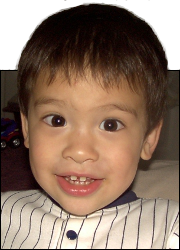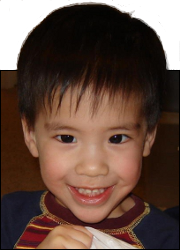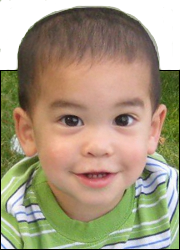School Work
Sep
23
2014
I know people have criticized the newer math sections in elementary schools, due to the way they comply to Common Core.
One of my kids’ math sheets illustrates one of the absurdities:

It’s the “How did you figure this out?” part that would aggravate me if I were still in school.
How did I figure this out? You just spent hours of classroom time teaching me how to figure this out, that’s how.
I would guess they get a lot of nebulous answers – with math, by writing the numbers, etc. I liked my son’s answer: “using my knowledge”. That is how it’s done, after all.
But the people who dismiss this question as useless are missing the hidden agenda.
It’s not a math sheet – it’s subtle career projection test.
In my years in the industry, I have found that audits – not financial audits, but business process audits – ask similar questions. I think these math sheets are secretly trying to gauge which students would make good process auditors and place them on the appropriate career path.
A general business process audit question would be something like “How do you know how to do your job?” To which my default answer would normally be something like “Well, I went to college and then the other people here at the company told me how our product is supposed to work and then I used my knowledge.”
But since the how-to-survive-an-audit pamphlet said not to answer in that manner, my default answer now is something like “I follow the engineering process workflow document, which is located at this intranet web address. No, I do not have any paper copies of it, because that would be bad.”
They are all straightforward to him who understands, And right to those who find knowledge.
Proverbs 8:9

 This is Alpha, the first-born, when he was 2YO.
This is Alpha, the first-born, when he was 2YO. This is Beta, the second-born, when he was about 2YO.
This is Beta, the second-born, when he was about 2YO. This is Gamma, the third-born, when he was about 18MO.
This is Gamma, the third-born, when he was about 18MO.





